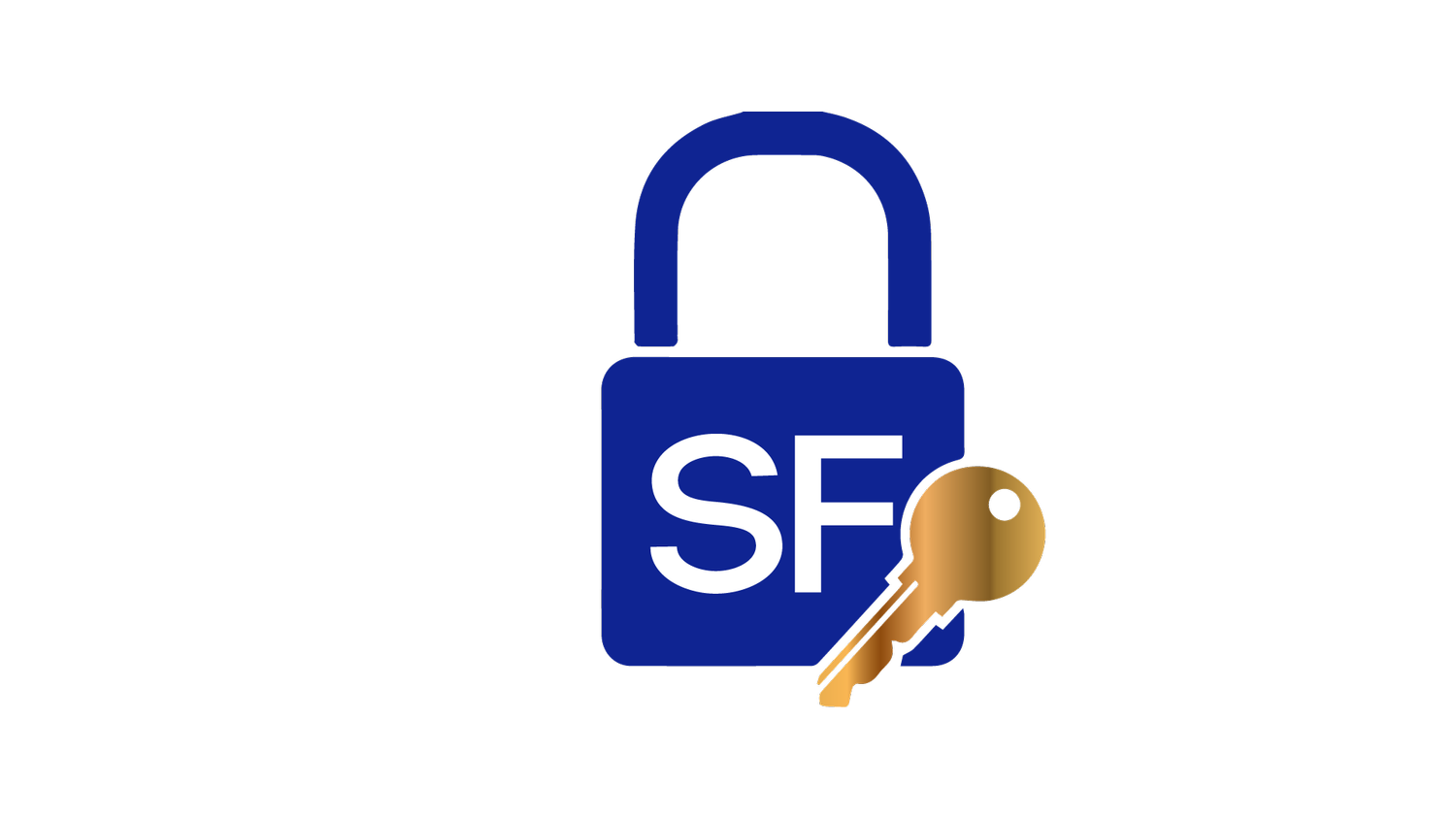Navigating the Maze: A Guide on How to Choose Your Tax Professional
As the tax season approaches, individuals and businesses alike find themselves faced with the daunting task of preparing and filing their taxes. The complexity of tax laws, coupled with the ever-changing landscape of financial regulations, makes it crucial to have a knowledgeable and reliable tax professional by your side. Choosing the right tax professional can significantly impact your financial well-being, so it's essential to make an informed decision. In this blog post, we'll explore key factors to consider when selecting the perfect tax professional for your needs.
Credentials and Qualifications:
Begin your search by verifying the credentials and qualifications of potential tax professionals. Look for professionals who participate in the Annual Filing Season Program with the IRS, are Certified Public Accountants (CPAs), enrolled agents, or tax attorneys. These individuals have undergone rigorous training and testing, ensuring they possess the expertise needed to navigate the complexities of the tax code.
Experience in Your Specific Situation:
Tax situations can vary greatly, from individual tax returns to business taxes and everything in between. When choosing a tax professional, consider their experience with cases similar to yours. If you're a small business owner, for example, look for a professional with a track record of successfully handling business tax matters.
Reputation and References:
Research the reputation of potential tax professionals by checking online reviews, testimonials, and asking for references. A reputable professional will have positive feedback from satisfied clients. Don't hesitate to reach out to your network for recommendations, as personal experiences can provide valuable insights into the competence and reliability of a tax professional.
Fee Structure:
Understanding the fee structure upfront is crucial to avoiding any surprises later on. Different tax professionals have different fee models, including hourly rates or flat fees. Please note: charging a percentage of your tax refund is illegal and should never be an option! Be clear about the fees you'll be charged and ensure they align with your budget and the complexity of your tax situation.
Accessibility and Communication:
Effective communication is key to a successful partnership with your tax professional. Consider their availability during the tax season, responsiveness to your inquiries, and their preferred method of communication. Accessibility and clear communication can make the tax preparation process smoother and less stressful.
Technology and Innovation:
In today's digital age, tax professionals who leverage technology and innovation can offer more efficient and accurate services. Inquire about the tools and software they use for tax preparation and whether they provide electronic filing options. A tech-savvy professional is more likely to stay updated on the latest tax laws and regulations.
Ethical Standards:
Ensure your chosen tax professional adheres to high ethical standards. Tax professionals are bound by a code of ethics, and any hint of unethical behavior or potential conflicts of interest should be taken seriously. Verify their standing with professional organizations and licensing boards to confirm their ethical track record.
Choosing the right tax professional is a critical decision that can impact your financial well-being. By considering factors such as credentials, experience, reputation, fee structure, communication, technology, and ethical standards, you can make an informed decision that ensures your tax affairs are in capable hands. Remember, the right tax professional is an invaluable partner in navigating the complex world of taxes and maximizing your financial success.

